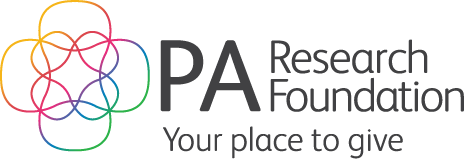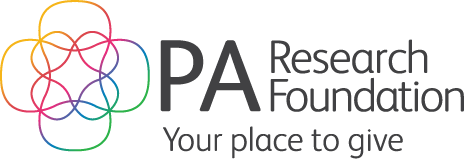
When First Nations Renal Nurse Navigators Gary Torrens and Brett Mooney began their work, 4769 kidney transplants had taken place at the PA Hospital over 50 years, yet only 171 (3.5%) of those patients identified as Aboriginal and Torres Strait Islander.
Out of the large number of Aboriginal and Torres Strait Islander peoples on dialysis, around 2200 persons, clearly very few were getting referrals for kidney transplantation. This was caused by, as Gary and Brett identified through their work, a lack of support in these communities, leading to low levels of health literacy, education and awareness around kidney transplants and chronic kidney disease among First Nations Australians. As a result, Gary and Brett felt that they needed to do something.
“Our idea was to go out and peak people's interest and empower people to think, to ask the question, why can't I be transplanted?,” Gary said.
“So, what we would do, we would go to particular centres and Brett and I would meet the local staff, Traditional Owners if we could, the local hospitals, the patients, non-governmental organisations and we would co-design a plan that would be suitable for the people of that land and then we would come back with their team a couple of months later and provide that education face to face.”
In the five years since Gary and Brett started their work in renal support, the number of kidney transplants for Aboriginal and Torres Strait Islander peoples have increased from 171 to 260, which is 89 transplants in five years, compared to the mere 171 in 50 years. This is all thanks to the incredible dedication and work of Gary and Brett in supporting kidney and renal patients from remote Indigenous communities around Australia and the Torres Strait Island region. Yet, none of this would have been possible without the support of the PA Research Foundation and its generous donors.
Lived experiences drive Gary and Brett’s determination to continue to build their program. Brett, having been born and bred on Thursday Island, knows the stresses that these people from remote community’s face, and how overwhelming it can be coming to the hospital in a big city like Brisbane. When patients are supported by people like Gary and Brett who can share in their story it eases their anxiety.
“Our goal is for the Aboriginal and Torres Strait Islander communities to feel supported when they come through these doors. For them to feel that the white system is open to supporting Aboriginal and Torres Strait Islander people and that they feel that they have fair access to stuff and the equity is there and that everyone gets treated the same,” Brett explained.
With further support and funding from the PA Research Foundation, Gary and Brett plan to expand their team in 2025 and continue to provide a space where patients feel safe, supported and accepted, ultimately building the integrity of the department and trust in the healthcare system. The ultimate aim is to establish a reputation that reaches and inspires others from remote communities to seek diagnosis, and receive help and support for their chronic kidney disease or renal failure.
“Our hope for the initiative is to deliver cultural safety, cultural awareness, cultural responsiveness and cultural security, which not only benefits the patients but also the team and the consultants and clinicians that provide that care as well.”
Roles like Gary and Brett’s are essential if we want to close the health gap between Indigenous and non-Indigenous Australians and create a fair health-care system, where everyone, regardless of their colour or cultural heritage has equal access to a long and healthy life free of non-communicable diseases, like chronic kidney disease and renal failure.
If you wish to support the incredible work that Gary and Brett do and help erase the health disparities faced by First Nations Australians who suffer from chronic kidney disease and renal failure, you can donate here.




